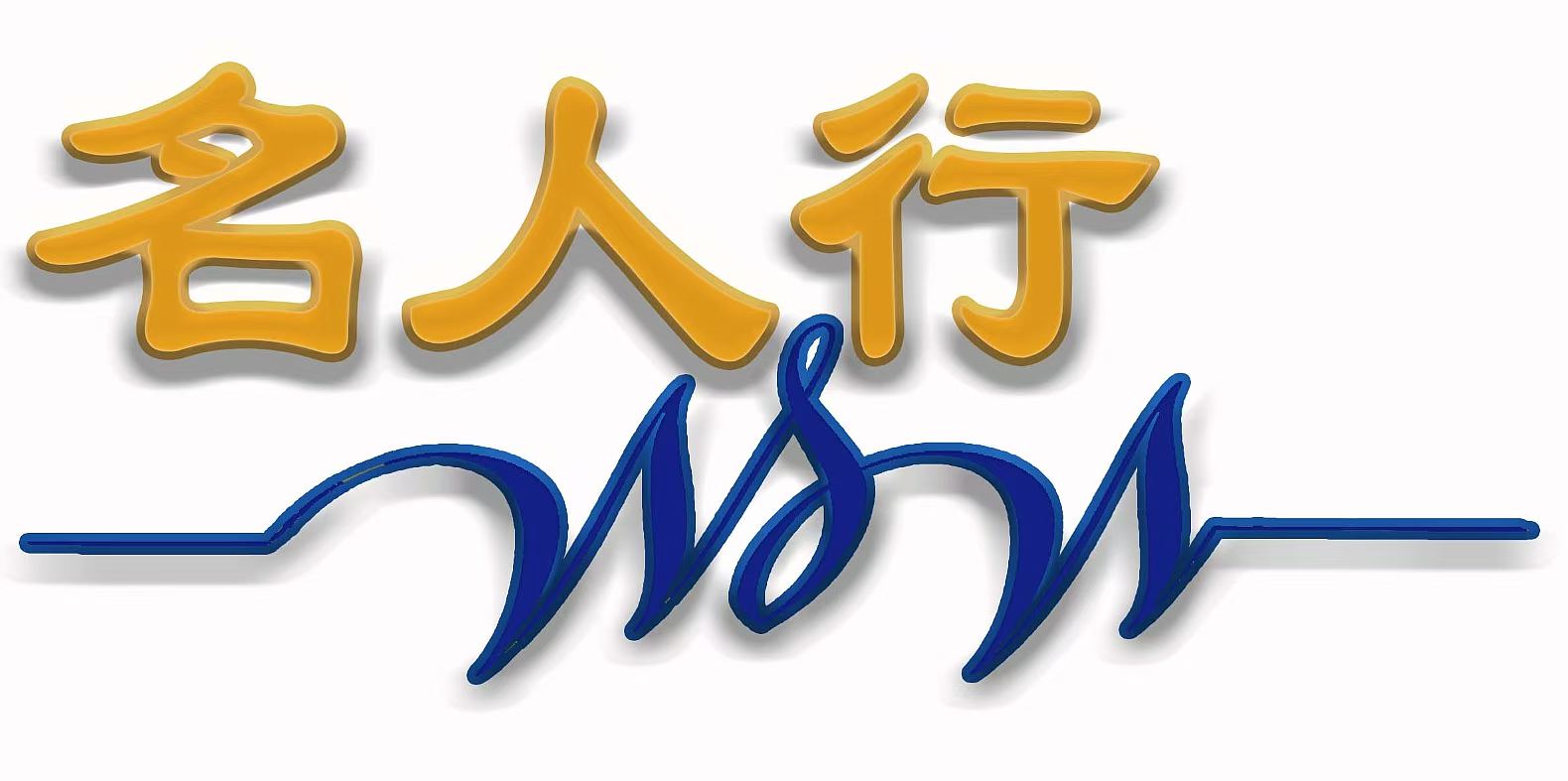Taoist Philosophy: Ancient Remedies for Modern Psychological Dilemmas
In this era of information overload and explosive pace, anxiety shadows every step, the gloom of depression spreads silently, and soul depletion is becoming a widespread crisis. The World Health Organization notes a sharp global increase in depression and anxiety cases—modern individuals often find themselves spiritually adrift amid material abundance. As we are swept away by currents of efficiency and achievement, ancient Taoist wisdom flows like a clear spring, offering profound and serene solutions to contemporary psychological struggles.
The core essence of Taoist philosophy provides invaluable resources for modern mental challenges:
- "The Dao Follows Nature" and Wuwei (Non-Action):Modern anxiety often stems from loss of control and obsession with outcomes. The Tao Te Chingstates: "Humans follow Earth, Earth follows Heaven, Heaven follows the Dao, the Dao follows Nature." This reveals the universe’s inherent harmonious rhythm. Wuwei is not passive inaction but wisdom in discerning natural patterns—acting without force or obsession. When facing workplace stress, it teaches us to distinguish between the controllable and uncontrollable, releasing excessive need for control while "finding agency through acceptance." This "active surrender" alleviates generalized anxiety and restores breathing space for the mind.
- Yin-Yang Dynamic Balance:Modern life often swings between extremes—burnout from overwork (yang excess) or lethargy from stagnation (yin dominance). Taoism sees yin-yang interdependence and dynamic equilibrium as cosmic law. The Huainanzi emphasizes: "When these two forces merge in harmony, all things are born." Applied to mental health, this urges us to examine life rhythms: Does intense work balance with self-care? Does solitude offset social exhaustion? Proactively balancing exertion-rest, tension-release, and input-output is key to preventing burnout and depression.
- "Simplicity and Few Desires" with Contentment:Consumerism and social media constantly fuel comparison and perceived scarcity—key triggers of depression. The Tao Te Ching’s call to "embrace simplicity, reduce selfishness, temper desires" acts as a wake-up call. This isn’t rejecting genuine needs but seeing through material illusions to return to life’s essential values. By distinguishing true inner needs from externally imposed cravings and practicing gratitude, we dissolve chronic psychological pressure from comparison, building a foundation for inner fulfillment.
- "Heart-Mind Fasting" and "Sitting in Forgetfulness"—Roots of Mindfulness:Our minds fragment in today’s sea of distractions. Zhuangzi’s concepts of xinzhai (heart-mind fasting) and zuowang (sitting in forgetfulness) are ancient mindfulness and meditation techniques. Their core lies in consciously detaching from mental turbulence to return to pure present-moment awareness. Modern mindfulness-based stress reduction (MBSR) scientifically validates their power to ease anxiety and enhance emotional regulation. Regular practice of "stilling the mind" presses pause on overstimulated neural circuits.
Integrating Taoist Wisdom into Modern Life—Practical Steps:
- Wuwei Work Approach: Focus on process over obsessive outcome-fixation; identify and reduce unnecessary "forced effort"; balance efficient action with acceptance.
- Nature Therapy: Regularly immerse in nature (forest bathing, park walks). Feel cosmic rhythms to dissolve personal worries within nature’s vast perspective.
- Yin-Yang Time Management: Audit daily schedules. Intentionally balance draining activities (yang) with nourishing ones (yin). Pair intense work with meditation or art; protect sacred "yin time" in your calendar.
- Simplicity & Contentment Practice: Declutter physical/digital spaces; reflect on consumption motives; nightly journal three gratitude points to cultivate abundance.
- Daily "Shouyi" Stillness: Dedicate even 5 minutes to quiet breathing. Observe thoughts like passing clouds without entanglement. Beginners may anchor attention to breath or body sensations.
Taoist philosophy offers no quick fixes but guides a fundamental shift—from anxiously chasing external standards toward aligning with inner harmony and natural order. Through wuwei, we reclaim authentic agency; in nature, we see our true place; with contentment, we redefine abundance.
When modern life’s gears spin breathlessly, Taoist wisdom invites us to take a deep spiritual breath—finding in nature’s rhythm a tranquil space to release anxiety and reclaim mental sovereignty.
Have you ever felt resonance with such ancient wisdom?
Which Taoist practice might you weave into tomorrow?

Comments (0)
No comments